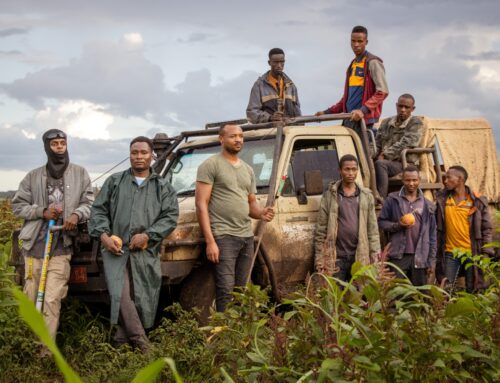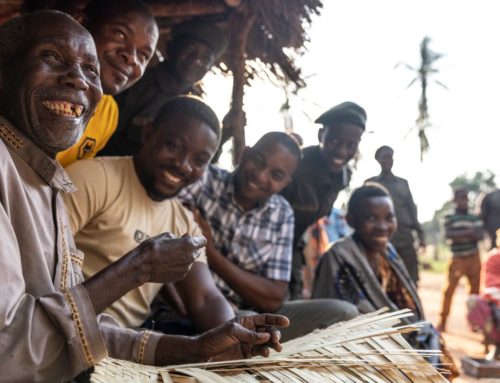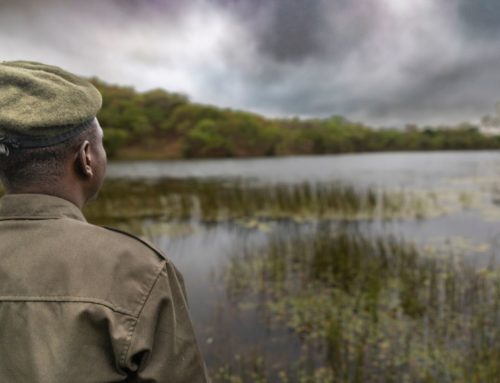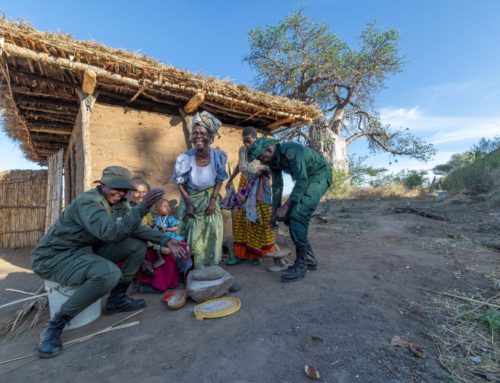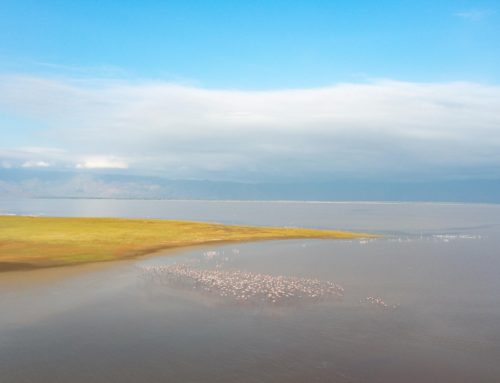They trek through Kilimanjaro’s forests and the thick bush of the surrounding savannah. They trek if it is raining. They trek in the scorching heat. They trek so that they might find and capture poachers and other criminals.
They are the hardy Kilimanjaro Foot Patrol Unit, a seven-ranger team that walks on regular patrols in the Enduimet Wildlife Management Area, focusing on those areas inaccessible to vehicles. As funded by Big Life Foundation and managed by Honeyguide Foundation, the unit officially started operations in March 2015 and then went through basic training.
For years, the idea of such patrol was discussed with WMA leaders and other partners. Due to both the rugged terrain and the vast size of Enduimet WMA and Mount Kilimanjaro, many protection gaps exist throughout the ecosystem.
Since Big Life started supporting Honeyguide to work with Enduimet in 2011, the Rapid Response Mobile Unit and other rangers have been able to reduce poaching significantly. For example, not a single elephant has been poached since 2013 within the WMA.
Yet rangers have always suspected that some poaching might go on undetected in Kilimanjaro’s foothills and other remote expanses without roads.
“We go in the areas where no one else can and where poachers might hide,” said Elvis Meshilieki, commander of the Foot Patrol Unit.
The team has also begun to conduct joint patrols along the border with their counterparts from Big Life Foundation and around Africa’s greatest mountain with rangers from Kilimanjaro National Park. They also focus patrolling the famed Kitenden Corridor, a migratory route for elephants and other wild animals moving from Kilimanjaro to Enduimet WMA and also to Amboseli and its surrounding conservancies and group ranches in Kenya.
The Kilimanjaro Foot Patrol averages 10-15 kilometers a day, but have trekked up to 35 kilometers when called upon. Their efforts have quickly translated into results. In August, they arrested a well-known poacher, confiscated more than 10 wire snares, and shut down many illegal tree cutting and charcoaling operations in the area.
“We hope to receive more training and better equipment so we can increase our efforts even more,” said Meshilieki. “The forests and animals of Kilimanjaro should be better protected.”


